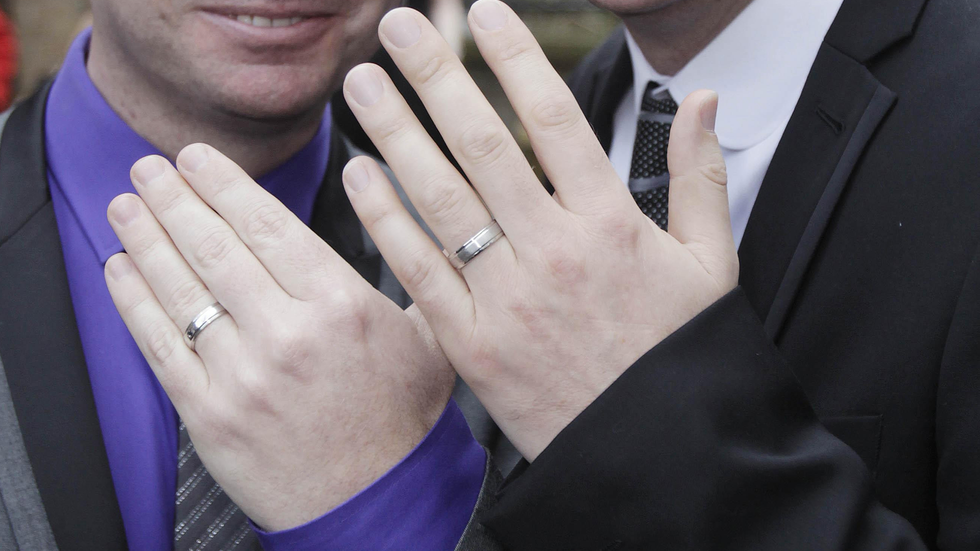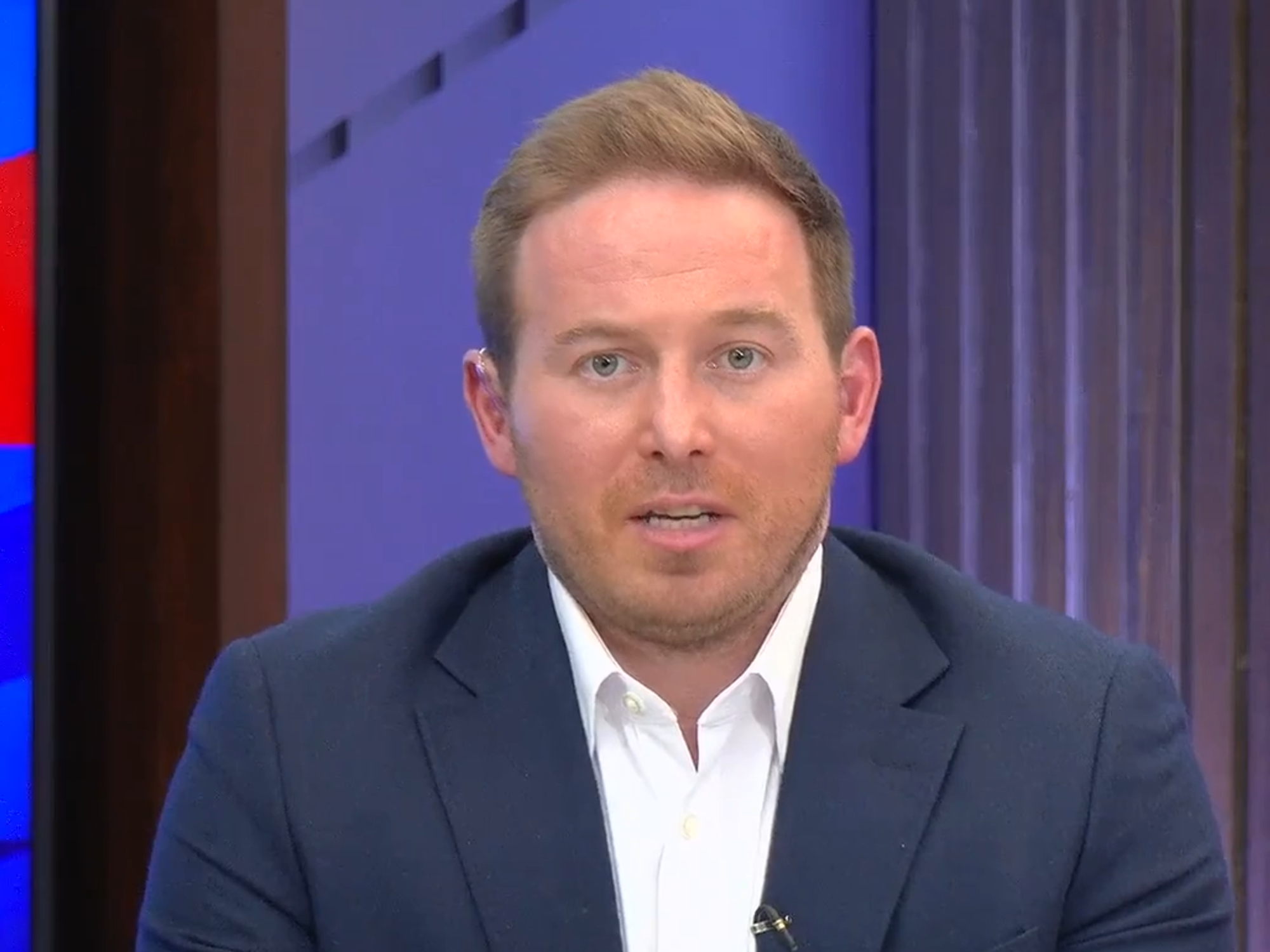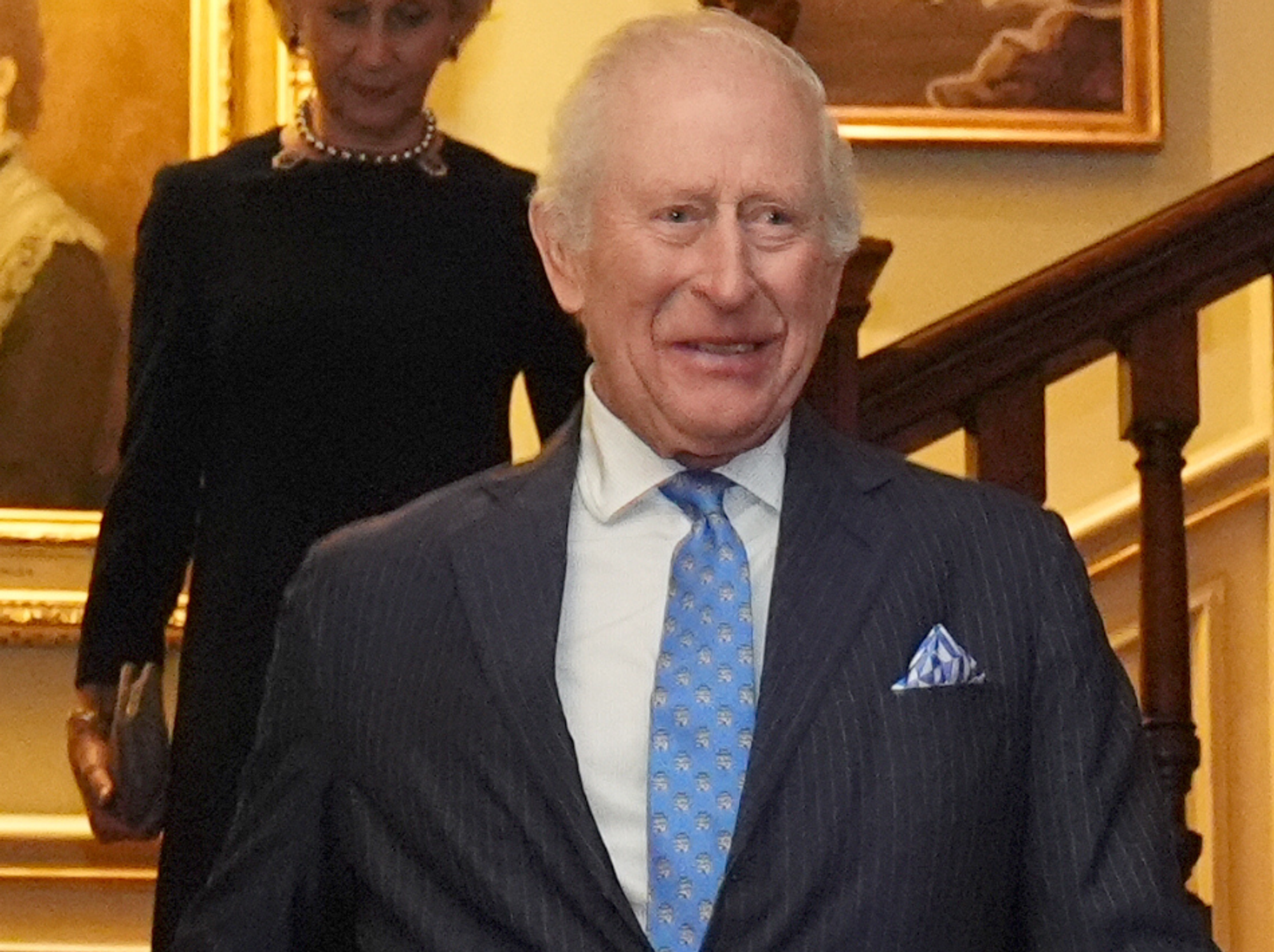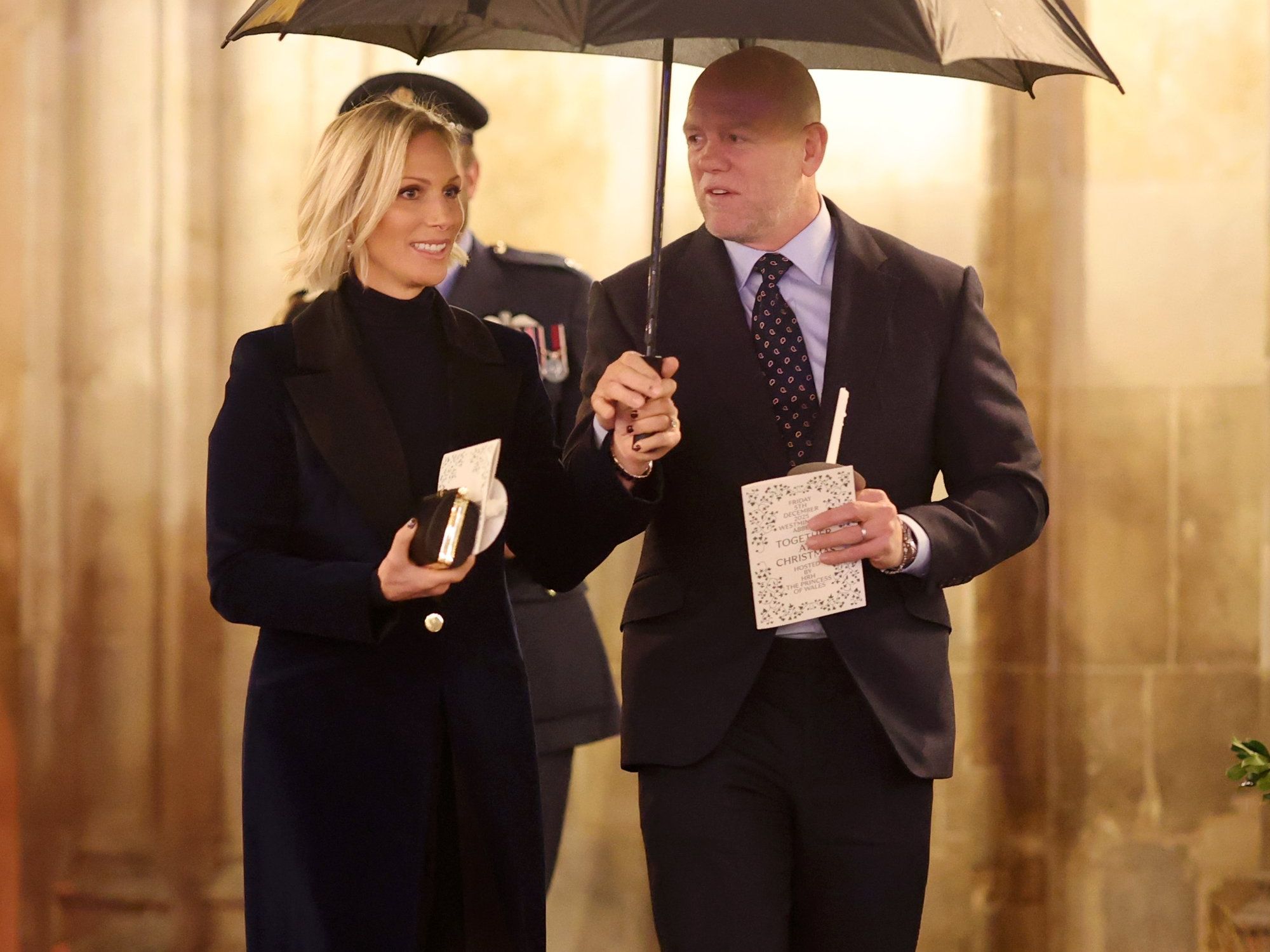Inheritance tax crackdown: Simple errors force Britons to pay back thousands

None |
Pexels

HMRC has clawed back £326million in unpaid levies
Don't Miss
Most Read
Latest
HMRC requested £326million in payment shortages in 2021/22 – a rise of more than a quarter to the previous twelve months.
Avoiding things like underpaying inheritance tax bills could help Britons avoid the problem in future.
Tower Street Finance’s Heather Pollard told the Express what people can do to make sure they pay the right amount, as well as how to reduce tax bills.
These include inheritance tax allowances, differing rules for partners, and gifting to reduce liability.
 |
| Pexels
It is critical that people understand what constitutes a person's "estate," which will be subject to the tax.
A person's estate includes all of their property and valuables, such as bank accounts, vehicles, and stock options.
Before IHT is applied to the total remaining assets, debts such as mortgages, funeral expenses, and other taxes are deducted from the estate.
If a property is passed down to a direct descendant, an additional residence nil-rate band may apply.
 |
| PA
A calculator tool on the Government website can be used to determine how much of the residence nil-rate band would apply to a person's estate.
The 40 per cent applies only to amounts above the IHT threshold. For example, if a person inherited a £326,000 estate from an individual, they would pay 40 per cent of the £1,000 over the threshold.
This would imply that they would have to pay £400 in inheritance tax. The funds must be paid to HMRC within six months of the individual's death.
Married civil partners do not have to pay inheritance tax on assets left to their partner.
 |
| PA
When the second partner dies, the estate receives a 'transferable allowance,' which means the estate receives twice the £325,000 allowance, with a £650,000 threshold, if it has not previously been used.
People can reduce their successors' IHT bill by reducing the size of their estate through gifts.
Each year, a person can give any number of gifts to different people up to £250. They can also distribute £3,000 to any number of people.
Gifts to a spouse or civil partner, as well as to charities, are exempt, and people can give away gifts when they marry or enter into a civil partnership.
 |
| Pexels
A parent, for example, can avoid paying tax by giving their children up to £5,000 in cash when they marry.
A person can give a larger amount of any sum to any individual - a process known as a potentially exempt transfer.
They must live for another seven years in order for the gift to be exempt from IHT, though the tax they will pay on the amount decreases as the year progresses towards the seven-year anniversary.
People should keep track of the gifts they receive and who gave them to them. If HMRC questions a gift, the person who received it is responsible for providing the information so that the gift can be taxed correctly.
Trusts are another option to consider because they give a person more control over what happens to their assets when they die.
Trusts are difficult to establish and are subject to different tax rules, so families are recommended seeking financial advice before creating one.










